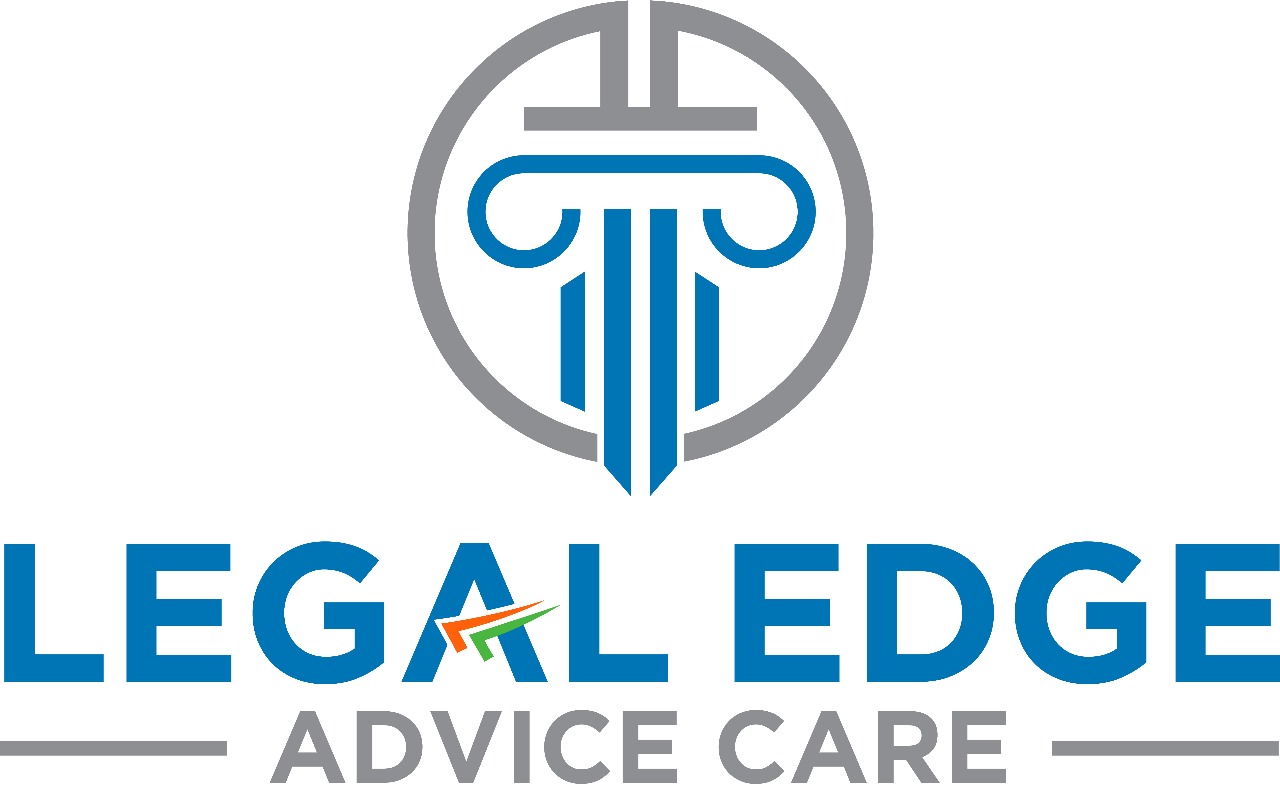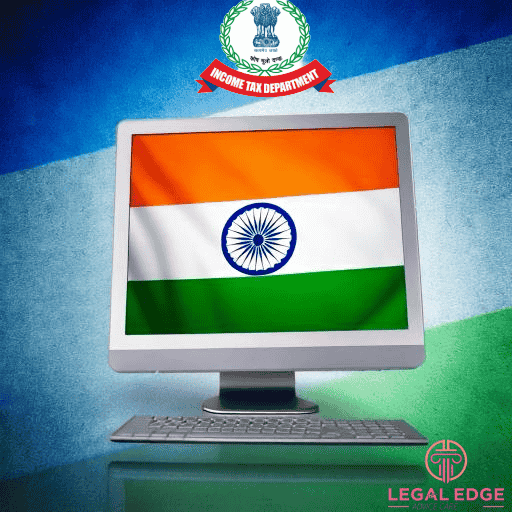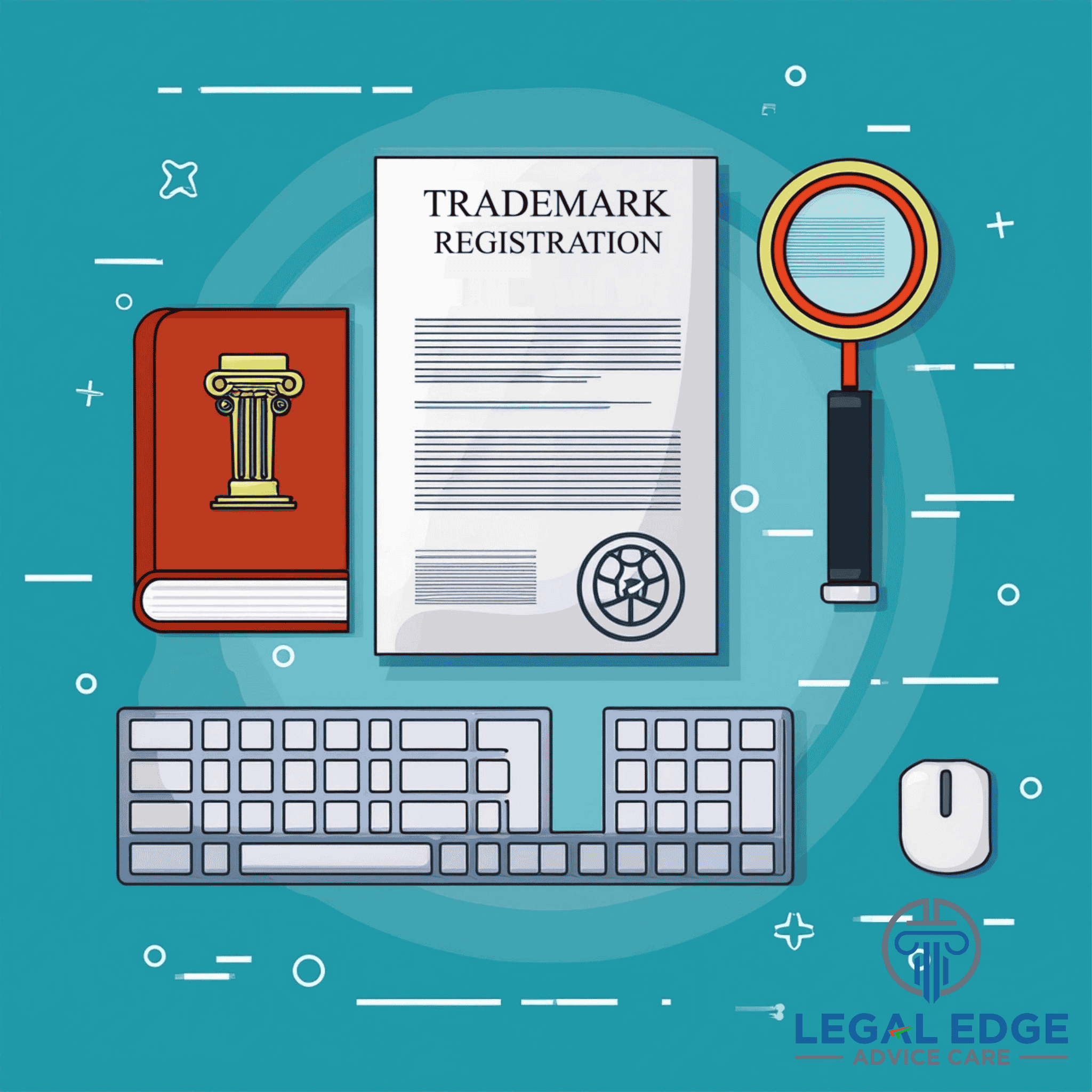

Documents Required
PAN CARD
AADHAR CARD
LLP Registration
LLP Registration in India
Limited Liability Partnership (LLP) is a contemporary and advantageous business structure. Blending the strengths of partnership dynamics and the security of limited liability, an LLP offers a versatile platform for entrepreneurs to collaborate and innovate confidently.
Getting your LLP registered in India is super easy with Leagel Edge Advice Care. Many businesses trust us to help them register their Limited Liability Partnerships and ensure they follow the rules. Our team of experts will guide you through the online registration process from beginning to end. It's the fastest and cheapest way to register your LLP – all you have to do is just reach out to us. Start now and set yourself up for a successful business future with LLP registration.
What is an LLP?
A Limited Liability Partnership (LLP) is a unique type of business setup that blends a partnership's and a company's features. In an LLP, partners enjoy limited liability, similar to shareholders in a company, while also benefiting from the flexibility and simplicity of a partnership. This arrangement grants the LLP its legal identity, allowing it to take legal actions and be subject to legal actions separately from its partners.
LLPs have become popular among entrepreneurs in various industries because they shield partners' assets and have more straightforward regulatory requirements than traditional corporations. The concept of LLP was introduced in India in 2008 and is governed by the Limited Liability Partnership Act, offering a dependable and adaptable option for businesses of all sizes.
LLP Registration Prerequisites and Eligibility Conditions
To qualify for the registration of an LLP company in India, you must adhere to the subsequent criteria:
Minimum of Two Partners: Establishing a Limited Liability Partnership in India necessitates a minimum of two partners, with no upper threshold on the maximum number of partners.
Designated Partners: Within the partnership framework, at least two selected partners are obligatory, and they must be natural individuals. At least one of these designated partners must also maintain residency in India.
Nomination for Body Corporate Partner If a body corporate assumes the role of a partner, the designation of a natural person must act as its representative.
Agreed Contribution: Each partner is required to contribute the shared capital of the LLP, as stipulated and agreed upon.
Minimum Authorized Capital: The LLP is mandated to possess an authorized capital of at least Rs.1 lakh.
Indian Resident Designated Partner: At least one designated partner of the LLP must hold a resident status in India.
By satisfying these prerequisites, you can progress with the registration of an LLP in India and avail the advantages bestowed by this business structure.
Characteristics of LLP
Legal Identity: Like big companies, an LLP has a separate legal identity. This means it's seen as its own "person" regarding rights and responsibilities, separate from those who own it.
At Least Two Partners: An LLP needs at least two people to start it. This teamwork helps in setting up the business and working together.
No Partner Limit: Unlike some other businesses, there's no highest number of partners an LLP can have. This makes it easy to grow and bring in more partners.
Two Designated Partners: An LLP has to have at least two "main" partners. These people must be real individuals, and at least one should live in India.
Limited Responsibility: One big plus of an LLP is that if something goes wrong, each partner is only responsible for what they put in. So, personal things are safe from business problems
Cost-Effective Start: Starting an LLP costs less than setting up a big company. This makes it a great option for smaller businesses.
Less Rules to Follow: LLPs don't have to follow as many rules and regulations as big companies. This means less paperwork and less to worry about.
No Minimum Money Needed: Unlike big companies, you don't need a certain amount to start an LLP. Partners can invest what they can afford.
Advantages of LLP
Own Legal Identity: An LLP is like its own person, just like big companies. This helps people trust and work with it, as it can do legal things independently.
Less Risk for Partners: LLP partners are only responsible for what they put in. They don't have to pay for all the debts or losses, which is good for their reputation.
Saves Money and Time: Starting an LLP costs less and has fewer rules than big companies. There's less paperwork to do every year.
No Fixed Money Needed: You don't need much money to start an LLP. Partners can put in whatever amount they want.
Disadvantages of LLP
Certainly, Limited Liability Partnerships (LLPs) present numerous advantages despite a few inherent disadvantages:
LLP Name Structure
Choose a unique name that is not used by other businesses. This makes approval easier and establishes your identity. Include words that clearly describe what your business does. This helps people understand your services or products.
End your LLP name with "LLP" or "Limited Liability Partnership." This is necessary to show your business structure
Documents Required for LLP Registration
To initiate the registration process for an LLP, partners are required to furnish the following documents:
Procedure for LLP Registration
The process of incorporating an LLP involves several key steps. Here is a comprehensive guide to incorporating your LLP:
Obtain a Digital Signature Certificate (DSC)
All proposed partners of the LLP must obtain a Digital Signature Certificate (DSC) since all government filings require digital signatures.
Obtain Director Identification Number (DIN)
Partners without a DIN need to apply for one. The Director Identification Number (DIN) is a unique identification number assigned to individuals aspiring to become directors or designated partners in LLPs.
Choose a Name for the LLP
Select a unique and suitable name for your LLP, adhering to Ministry of Corporate Affairs guidelines.
Form for Incorporation of LLP (FiLLiP)
This form collects essential information about the proposed LLP, partners, LLP agreement, and registered office address. It includes a declaration from partners consenting to act as designated partners and comply with LLP regulations.
Draft LLP Agreement:
Create the LLP Agreement outlining partner rights, duties, and obligations. This agreement must be notarized and filed with the Ministry of Corporate Affairs within 30 days of incorporation.
Obtain a Certificate of Incorporation
Once forms and documents are filed and verified, the Registrar of Companies (RoC) will issue the Certificate of Incorporation, officially recognizing the LLP's existence.
Apply for PAN and TAN
After obtaining the Certificate of Incorporation, apply for the Permanent Account Number (PAN) and TAN for the LLP.
You can successfully register your LLP and embark on your entrepreneurial venture by following these steps diligently.
Effortless LLP Registration Made Possible with Leagel Edge Advice Care
With Leagel Edge Advice Care as your partner, you can confidently navigate LLP registration, guided by experienced professionals who will ensure a hassle-free experience from start to finish.
5200+
Projects done
15500+
Happy clients
14000+
Income Tax
746+
Incorporation
Proprietorship vs Limited Liability Partnership (LLP) vs Company
| Features | Proprietorship | Partnership | LLP | Company(Pvt. Ltd./OPC) |
|---|---|---|---|---|
| Definition | Unregistered type of business entity managed by one single person |
A formal agreement between two or more parties to manage and operate a business |
A Limited Liability Partnership is a hybrid combination having features similar to a partnership firm and liabilities similar to a company. |
Registered type of entity with limited liability to the owners and shareholders |
| Ownership | Sole Ownership |
Min 2 Partners Max 50 Partners |
Min 2 Directors
Min 2 Shareholders
Max 15 Directors
Max 200 Shareholders
For One Person Company
1 Director
1 Nominee Director
|
|
| Registration Time | 7-9 working days |
|||
| Promoter Liability | Unlimited Liability |
Limited Liability |
||
| Documentation | MSME GST Registration |
Partnership Deed
|
LLP Deed Incorporation Certificate |
MOA
AOA
1 Incorporation Certificate
|
| Governance | - |
Under Partnership Act |
LLP Act, 2008 |
Under Companies Act,2013 |
| Transferability | Non Transferable |
Transferable if registered under ROF |
Transferable |
|
| Compliance Requirements | Income tax filing if turnover is more than Rs.2.5 lakhs |
ITR 5 |
Form 11
Form 8
ITR
|
ITR 6
MCA filing
Auditor'sappointment
Know More
|


Yes, Goods and Services Tax (GST) is required for all Limited Liability Partnerships (LLPs) depending on the type of services or goods they offer. LLPs are required to obtain a GST registration and file GST returns on a regular basis.
A DSC is a tool used to electronically identify the sender or signee in digital transactions. The Ministry of Corporate Affairs (MCA) mandates its use for designated partners in specific processes.
What is DPIN (Designated Partner Identification Number)?DPIN is a unique identification number assigned to both current and prospective designated partners of a Limited Liability Partnership (LLP). All present or future directors must obtain a DPIN.
How long does it take to incorporate an LLP?The timeframe for LLP incorporation depends on document submission and government approvals. Leagel Edge Advice Care can assist you in incorporating an LLP within approximately 14-20 days.

An NRI can serve as a designated partner in an LLP, provided they possess a Designated Partner Identification Number (DPIN). However, it's important to note that at least one designated partner in the LLP must be a resident Indian.
FDI is allowed under automated route in an LLP by the Foreign Investments Promotion Board (FIPB). Note: Foreign Institutional Investors and Foreign Capital Investors are not allowed to invest in LLPs.
Can we convert a Partnership Firm into an LLP?An existing partnership firm or a Company that is unlisted can be converted into an LLP. This conversion into an LLP brings in many benefits.
What documents are required for incorporating an LLP?Zero Late Fee Platform

Many small businesses pay lakhs in penalty every year to the Government for late filing various statutory returns. Such penalty or late fee paid is not tax deductible and is a drain on profitability. At Leagel Edge Advice Care, our mission is to provide the most affordable services to our customers and help them avoid all late fee.To achieve our mission - we have built enterprise grade technology to help you proactively know the upcoming compliance and avoid penalty.Checkout our compliance services below, talk to an Advisor and stop paying unwanted late fees..
Still not sure what you need? We’re happy to help, even if you’re not a customer. Contact us and we'll chat — or get back to you as soon as we can
Contact Now
Related Business Registrations
In addition to registration or incorporation, a business may require other registrations depending on the business activity undertaken. Talk to an Advisor to find out registrations your business may require post registration.









